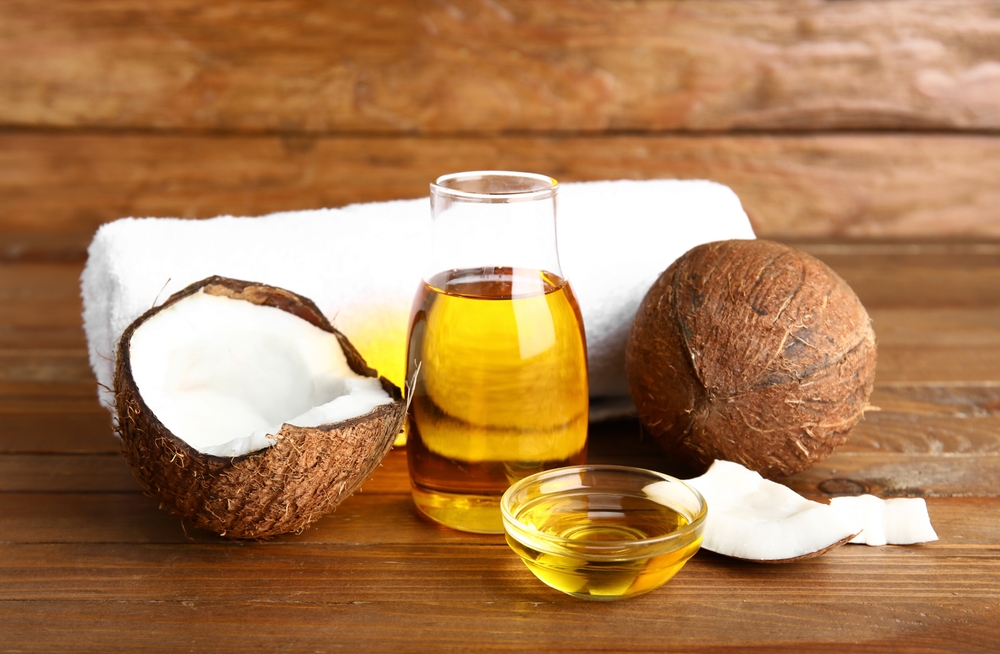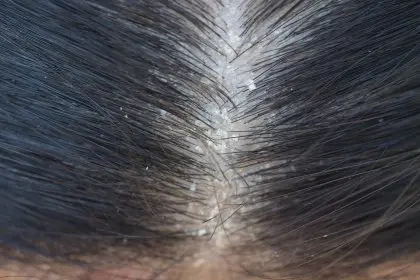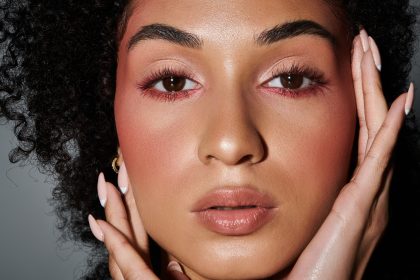Coconut oil has been crowned the ultimate hair savior by beauty bloggers, wellness influencers and that friend who swears by DIY everything. It’s cheap, natural and supposedly fixes every hair problem from dryness to damage. But what if this miracle ingredient is actually making your hair worse?
While coconut oil works wonders for some people, it can be a complete disaster for others. The difference often comes down to your specific hair type, porosity and protein levels – factors that most people don’t consider before slathering their strands in this trendy treatment.
The protein overload nobody talks about
This oil contains proteins that can temporarily fill in gaps in damaged hair cuticles, which sounds great in theory. But here’s the catch – if your hair already has adequate protein levels, adding more can make it stiff, brittle and prone to breakage.
Hair that’s been chemically processed, heat-damaged or naturally fragile often needs moisture more than protein. When you pile on coconut oil thinking you’re hydrating your hair, you might actually be creating protein overload that leaves your strands feeling like straw.
The signs of protein overload include hair that feels rough, looks dull and breaks easily when wet. If your hair feels worse after coconut oil treatments, protein buildup could be the culprit.
Porosity makes all the difference
Hair porosity – how easily your hair absorbs and retains moisture – plays a huge role in whether coconut oil will help or hurt. Low-porosity hair has tightly closed cuticles that resist moisture absorption, making it difficult for coconut oil to penetrate the hair shaft.
When coconut oil can’t get inside the hair, it just sits on top, creating a coating that blocks other moisturizing ingredients from getting through. This leaves low-porosity hair feeling greasy on the outside but still dry and brittle underneath.
High-porosity hair, on the other hand, absorbs coconut oil quickly but may struggle to retain it. These hair types often need heavier, more occlusive ingredients to seal in moisture effectively.
The molecular size problem
Coconut oil is often praised for its small molecular size, which supposedly allows it to penetrate hair better than other oils. While this is true compared to some larger molecules, it doesn’t mean coconut oil works for everyone’s hair structure.
Fine hair can become weighed down and greasy from coconut oil because the strands can’t support the oil’s weight. Thick, coarse hair might need something even more penetrating than coconut oil to make a real difference in moisture levels.
The molecular size that works perfectly for one person’s hair can be completely wrong for another’s, which explains why coconut oil gets such mixed reviews from users.
Allergic reactions hiding in plain sight
Coconut allergies are more common than many people realize, and they can manifest as scalp irritation, itching or even hair loss rather than obvious allergic reactions. If your scalp feels irritated after using this oil, or if you notice increased hair shedding, you might be having a mild allergic response.
Some people also experience contact dermatitis from coconut oil, especially if they’re using it frequently or leaving it on for extended periods. The symptoms can be subtle enough that people don’t connect them to their hair treatment routine.
When coconut oil actually works
Coconut oil isn’t universally bad – it just isn’t universally good either. It tends to work best for people with medium to high porosity hair that’s not overly protein-sensitive. It can also be effective as a pre-shampoo treatment to protect hair from the harsh detergents in some shampoos.
People with naturally oily scalps should avoid applying the oil to their roots, as it can exacerbate greasiness and potentially clog hair follicles. Using it only on the mid-lengths and ends of hair can provide benefits without the unwanted side effects.
Better alternatives for different hair types
If coconut oil isn’t working for your hair, don’t despair. Jojoba oil works well for low-porosity hair because it’s technically a wax that sits on the hair shaft without trying to penetrate. Argan oil provides moisture without protein for damaged hair that needs gentle care.
For fine hair that gets weighed down easily, lighter oils like grapeseed or sweet almond oil might provide moisture without the heaviness. The key is understanding what your specific hair needs rather than following one-size-fits-all advice.
Sometimes the most popular solution isn’t the right solution for you.

















